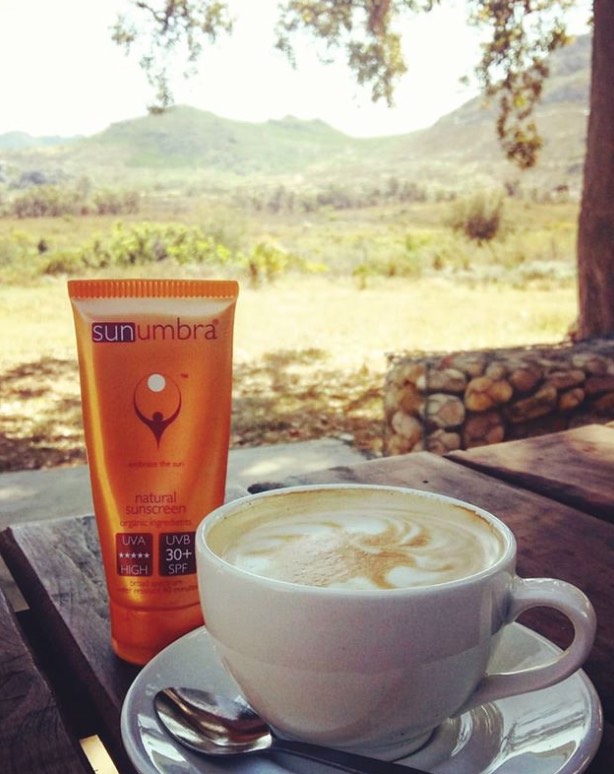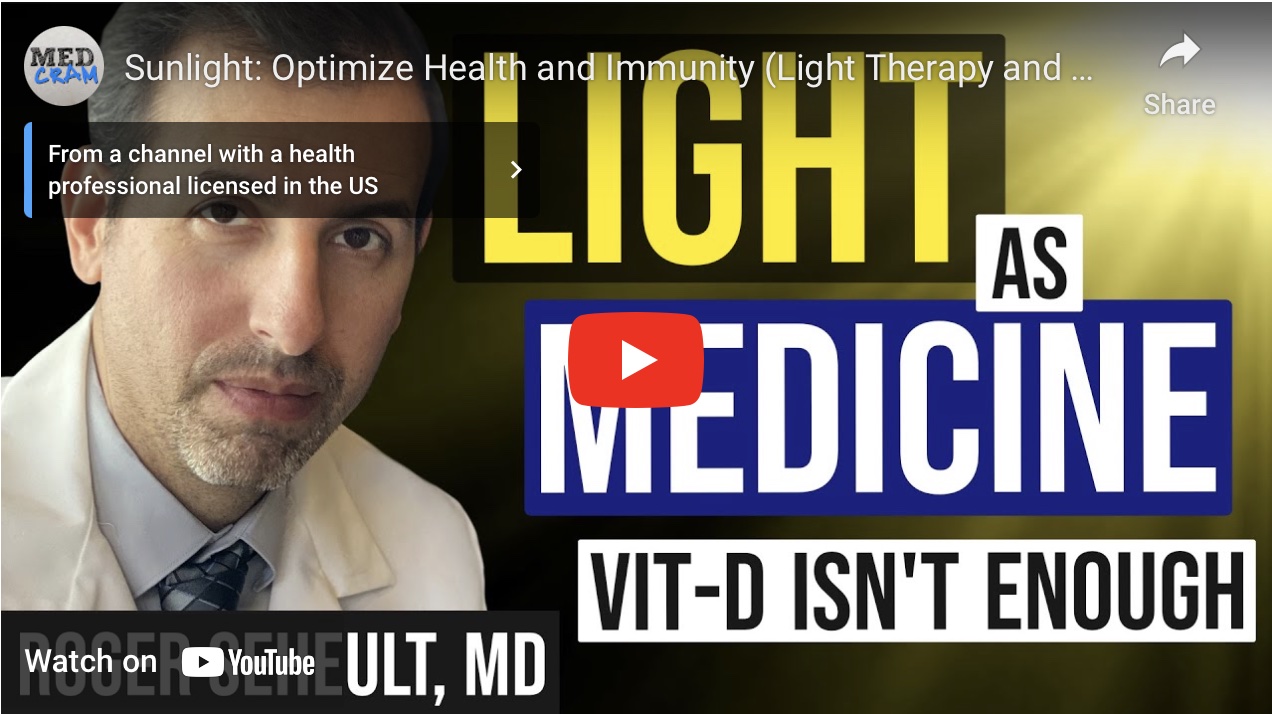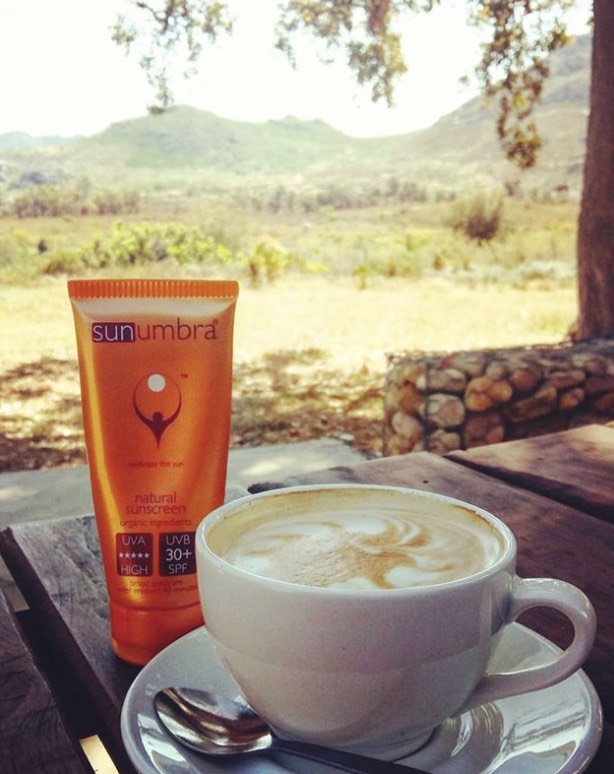Best Daily Sunscreen for Faces
- Home
- Best sunscreen for faces
Requests flood through for recommendations for the 'best daily sunscreen for faces' as we seem to embrace the outdoors more and more frequently.
As a daily routine, wearing a sunscreen on your face, if not the rest of your body, is an excellent anti-aging strategy, never mind being just plain good for your health.
Many products tend to do a good job protecting us from the sun’s UVB rays, which are the ones that will give you that sunburn. But then there are the UVA rays, which are potentially far worse in that they are longer and can soak further into your skin layers, causing a deeper level damage, which can result in skin cancer. So without the UVA protection you're really vulnerable.
And then of course, there is the complicating aspect of Vitamin D creation, which for the best natural creation of Vit D through the skin, requires exposure to the sun's UVB rays...... and Vitamin D is known to help boost your immune levels. In this day and age of COVID and such, having healthy immune system is optimal to overall good health.
So you see, choosing a sunscreen for your face is really not that simple and certainly not easy to make a healthy choice.
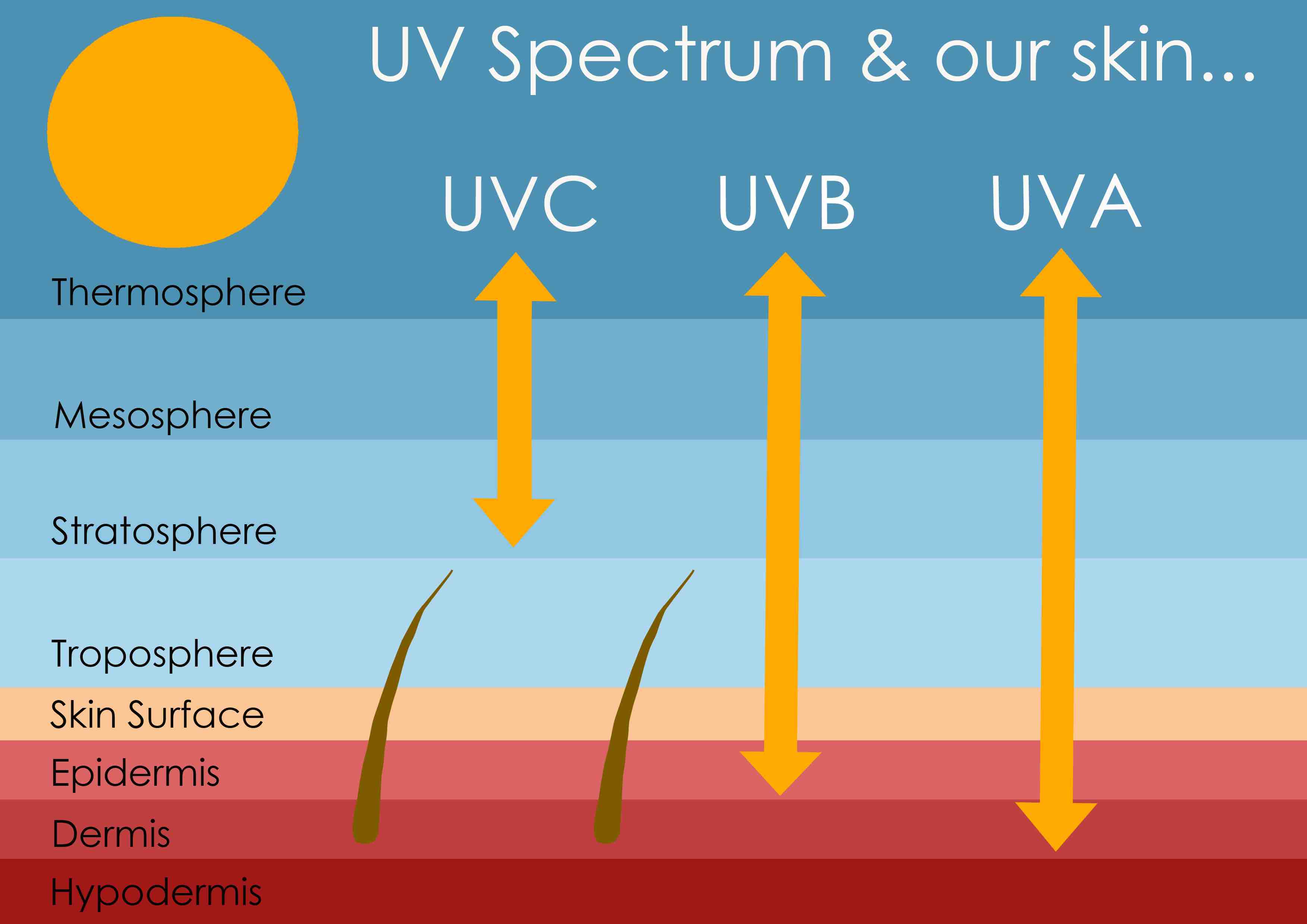
Embracing the outdoors every day requires the best daily sunscreen for faces
Significant studies done by various organisations have revealed a high percentage of sun protection products provide inefficient protection from the sun and/or are potentially harmful to one's health.
Ideally, healthy, non-toxic sunscreens need to be...
- Effective: providing balanced protection for both UVA and UVB radiation
- Safe: containing no toxic health hazards within any single ingredient
- Stable: with no ingredients breaking down into a toxic structure when in sunlight
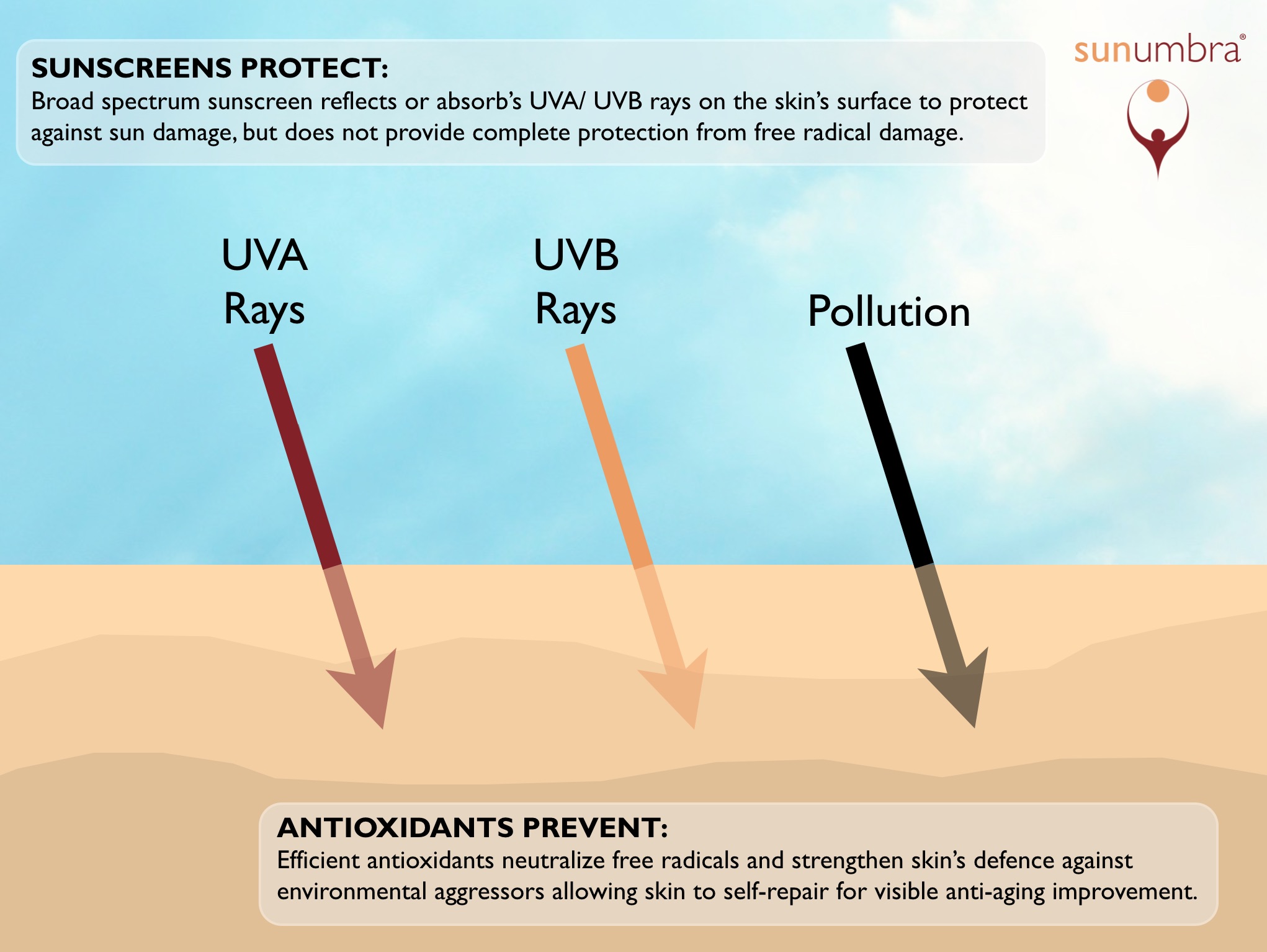
Best sun protection can be achieved through a combination of:
1. Internal protection: nutrition and nutraceuticals
Antioxidants: berries, 'superfoods' and yummy fresh produce eaten on a regular basis, which contain natural antioxidants, are utilised by your skin to protect you from excessive ultraviolet ray exposure. Studies have also shown that by putting them directly onto your skin protects your skin, keeping it smooth and healthy-looking, but more importantly, boosting the natural healing capabilities of your skin from the inside out.
2. External protection: sunscreen and clothing
According to Dr. Hanson, products with a sun protection factor can block a certain amount of the sun's ultraviolet (UV) light, while the rest of the light hits the skin and can create free radicals, which when unchecked, will distort or destroy cell membranes. The free radicals also damage DNA, can cause age spots, and compromise our immunity, resulting in skin cancers.
While most sunscreens can't protect you against these free radicals, Dr. Hanson has found that antioxidants applied to the skin can reduce the free radicals that may have been generated. When she studied how vitamin C worked, she found that "vitamin C was by far the best [free radical] quencher." The enzymes in your skin work with vitamin C to fight these free radicals.
However, I have found that there are many other natural ingredients used in skin products that are claimed to be as powerful or, in some interesting cases, far more powerful than Vitamin C.
Choose Balanced UVA & UVB protection for Best Daily Sunscreen for faces

The tendency today is to focus on buying high-SPF labelled products, assuming you are getting maximum sun protection. This is a dangerous assumption.
Although high SPF (Sun Protection Factor) products do protect you from sunburn caused by the sun's ultraviolet B (UVB) radiation, they don't necessarily block the UVA radiation effectively . These UVA rays are linked to skin ageing and wrinkling, immune system suppression, as well as skin cancer.
So you really need a balanced sunscreen offering broad spectrum protection, with high UVA AND high UVB protection.
UVB rays are the ones that burn our skin and the SPF provides protection from them, sometimes with really high numbers. Where an SPF of 100 is claimed, this notably never provides a 100% block so can be somewhat deceiving. See the protection curve in the graph below - it never quite reaches 100. In fact the difference between an SPF 30 and an SPF 60 is just 1%.
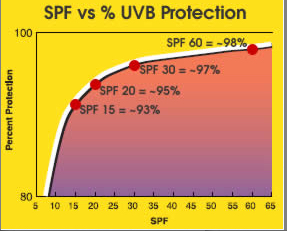
Why are the UVA rays so bad for us?
Even at low-level exposures, UVA radiation breaks down skin collagen, causing skin damage and ageing - most especially those unwanted wrinkles. And research shows us 90% of wrinkles are caused by the sun's UVA light and their sun damage is the Number One cause of premature ageing in both women and men.
More scary, is that scientists have established that UVA is linked to immune system problems and is the main culprit behind melanomas because it reaches deep into the underlying support structure of the skin.
So, why is it important to get balanced protection from both UVA and UVB?
If you have high protection from UVB and low protection from UVA, you effectively allow the UVB rays a longer time to do their damage. This is because your skin is not telling you to get out of the sun as it is protected from burning.
High SPF blocking the UVB rays by default minimizes the VIT D creation abilities in your skin. Good Vitamin D presence facilitates skin cancer healing properties.
So, the ultimate balance seems to be one with just enough SPF to stop you burning but allow some VIT D creation, with the maximum possible UVA protection?
Best Daily Sunscreen for Faces - how do they work?

The basics involve absorbing, reflecting, or scattering the sun’s rays in combinations of organic and /or inorganic active ingredients.
Inorganic active ingredients are natural minerals like zinc oxide or titanium oxide. They provide protection by reflecting or scattering both the UVA and UVB rays.
Organic active ingredients are chemicals such as octyl methoxycinnamate (OMC) or oxybenzone, which absorb the UV rays, dissipating them as heat. Most provide effective protection from UVB rays but do not protect from UVA rays at all.
Besides these active ingredients there are many others that may further enhance the sun protection properties:
- Some natural oils have sun protection properties
- Some botanicals contain proven sun protection abilities
- Certain antioxidants found in botanical extracts
- Vitamins, minerals and/or amino acids will boost internal protection capabilities
In many cases these will last a lot longer in our bodies' systems than the active sunscreen ingredients, which typically require re-application to be effective.
Taking all this into account, make sure to understand your own skin and its needs with respect to your skin type.
Have a question yourself?
Do you have a question or perhaps wish to make a comment or even tell a story about an experience with sunscreen? Please share it! Others will benefit and may join the conversation.
